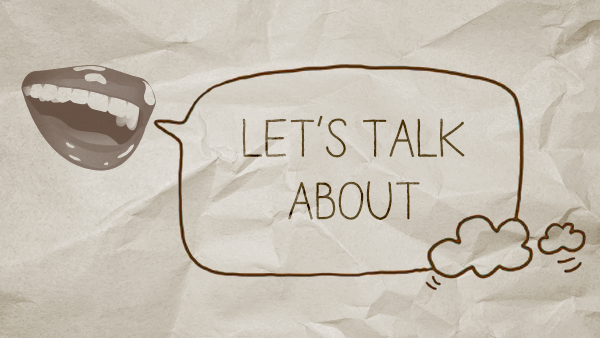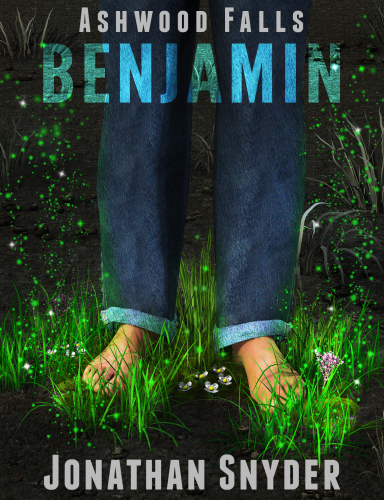
Writing is a really personal process.
The internet is filled with advice, must haves, must dos, should dos and checklists on what to do to write a novel, short story or even blog posts. Hundreds or even thousands of blog posts and articles about how to plan, how to outline, how to write, even how to edit your writing. The truth is: there is no ONE way. For every author, you ask what they use you might get just as many different answers. Something that works for me, might not work for you and the other way around. As sucky as that is, everyone needs to find what works for them and then stick to it, or adjust it until it feels natural, perfect for YOU.
You do You!
I’ve been listening to several podcasts recently (including The Journeyman Writer and Self Publishing Podcast) and I did find that a few things worked for me while others didn’t but worked just fine for others. In one of the Journeyman Writer episodes, Alastair Stephens and Lani Diane Rich talked about the tools they use for their writing and that made me think about what I use. So I thought I’d share a little of that with you!
Research
Google.com
Yep easy as that. No matter what I am looking for that is where I start. Be it images, articles about certain subjects and more.
Pocket
Pocket is a nifty little add-on that I use way too often. When I find a site that I believe to be helpful I pocket it. That means it lands in the app waiting for me to read later. Kinda like bookmarks but to me, it goes faster, and once I don’t need it anymore I just click the little “read” button next to it and it gets removed from the list. And the search function makes it much easier for me to find the article again. I use it on Firefox, but I saw that Android, iPad/Phone and Kobo apps are available as well.
Outlining and Writing
Scrivener
I started writing when I was really young and the only way I could write was on paper. Throughout the years I moved that to Microsoft works, then Word and Libre Office. I’m a huge huge fan of local copies, so I never made the jump to Google Drive for my writing (I use it just not for that ;)).
But last year a dear friend of mine told me about Scrivener and I thought it was awesome. I grabbed the trial and tested it, and fell in love. Then for my birthday, I received it as a gift and I’ve been outlining and writing in it ever since. I know some folks have trouble with it because it gives you a lot of options and frills, but I enjoy to be able to mark scenes by Point of view, keywords, move them around, make these little cards with summaries of the scenes, move them around if I have to and so on.
The whole folder for Character bios, Location sourcing and what not is fantastic and helps me personally to keep an overview. Before starting to use Scrivener I had a whole folder with subfolders for everything on my hard drive, but now I have them all in one program and it is way easier for me to look things up.
Evernote
I have told you about Evernote in another blog post and I still use it on my kindle, since I can’t put Scrivener on it when I want to write while being out of the house (haha as if I left the house) or in bed. The ability to sync the Kindle app with the desktop app to get my writing from one to the other makes it really easy.
Background Noise
This is one of those things that seem to be different for everyone else. Some need quiet, some want music that pulls them into the scene or character. Me? I need my TV running.
I can’t deal with quiet, then I start to think, and stop writing and start to look around… and I stop to write.
And music has the effect that I want to sing along, or in the case of instrumentals hum along, then I start to google about the artist, the lyrics, the sheet music… you get the drift.
But TV, I can have that running all day (actually I do) and write without being distracted. I know what I wrote and still know what has happened in the show I ran in the background. I might have to say that both is on the same screen. I have no physical TV, I have Netflix and I only have one monitor. So Netflix is in a small window in the upper left corner, while Scrivener is open across 3/4 of the screen. I also have learned to write blind with the typewriter so I can write and at the same time watch the show. Though I don’t do that often. Mostly I listen and when it sounds like something’s happening I look up to the small window and that’s it.
For many, it would be confusing or pull them out of the mood, but I need it to get really into it.
Graphics
I love working on graphics myself. Be it locations, characters or my covers, I try to do as much as possible myself. Not only because I’m broke af, but also because I have loved doing that for many years. I use graphics not only for covers but also for visualisation. Not that helps me to get into the mood and character.
Poser & Photoshop, Illustrator
Poser is a program in which I can put scenes, and characters in a 3D environment and render them. In Photoshop I do the rest.
My last project of making a map for Ashwood Falls was started in a program called RPG Citymap Generator, but after the initial 5 minutes with that program, I spent several days in Photoshop to make it mine.
Illustrator is another graphic program, basically the Photoshop of Vector images. I don’t use that as often as Photoshop but for example, the “Enemy of my Enemy” cover was made in there.
Stock sites
And sometimes I use stock sites. These are sites that provide stock images to use in your own pictures. Some need to be paid, others are free. There are way too many to list here, but when you google for Stock images you will have a lot of results including websites that list 10, 20 or more of the best ones.
My friends and partner
At the moment I don’t have beta-readers (hope to get them, though), but I have friends I bounce ideas off. When I get stuck or need another set of eyes to know if a plot works they are the ones to get bugged by me. I feel lucky to have friends who don’t sugarcoat things and tell me if something I wrote sucks, otherwise that wouldn’t be any help. My partner even reads through my whole draft in that little time he has to find plotholes, inconsistencies or anything else that jumps at him.
I’m forever grateful for their support.
That is pretty much my writing tool cabinet. Does it look anything like yours? If not what would I find in your cabinet? Let’s chat and let me know in the comments!




